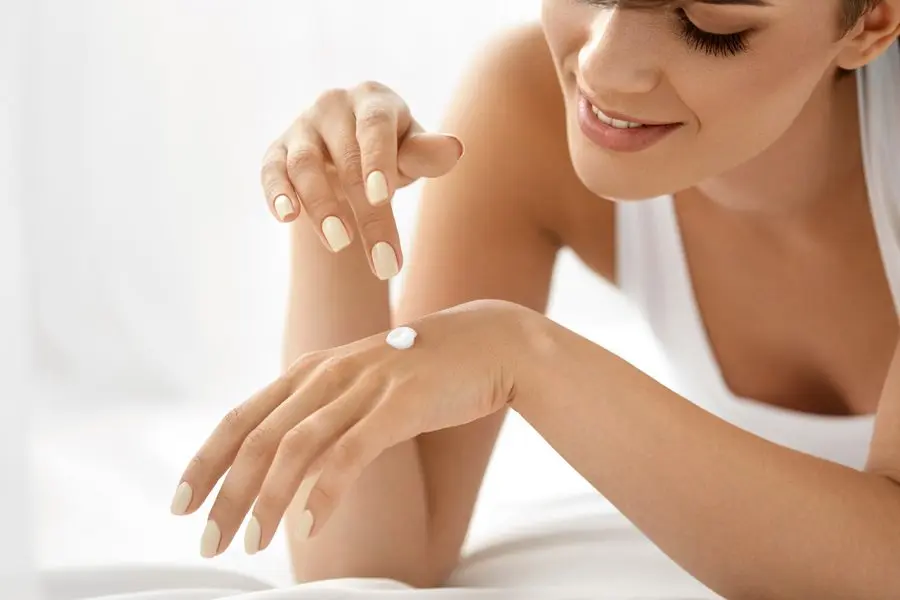
Is sunscreen safe? Here's the truth
There has been a different take on sunscreen in the beauty industry lately that paints a not-so-pretty picture of a product we all love and appreciate. Rather than praise it for its ability to protect, some argue that the popular ingredients and chemicals found in many sunscreens may actually increase the risk of melanoma. This is a shocking claim, especially since sunscreen is a product we all use so regularly. Not surprisingly, we decided to get to the bottom of the "does sunscreen cause cancer" debate. Keep reading to find out if sunscreen is safe!
IS SUN CREAM SAFE?
Even for a second to think that sunscreen can cause cancer or increase the risk of developing it is terribly scary. The good news is that you don't have to fall for it; sunscreen is safe! There have been countless studies showing that the use of sunscreen can reduce the incidence of melanoma and that when used as directed along with other sun protection measures, broad-spectrum sunscreen can help prevent sunburn and reduce the appearance of premature signs of skin aging. think: wrinkles, fine lines and dark spots, and UV-related skin cancer.
On the other hand, research does not show any indication that sunscreen use increases the risk of melanoma. In fact, study published in 2002 found no association between sunscreen use and the development of malignant melanoma. Another Research published in 2003 found the same results. Without hard science to back it up, these accusations are just a myth.
SUN PROTECTION INGREDIENTS IN QUESTION
Since much of the noise around sunscreen safety revolves around a few popular ingredients, it's important to note that the US Food and Drug Administration (FDA) regulates sunscreens and the active ingredients/sunscreens in them.
Oxybenzone is an ingredient that many people question, however the FDA approved this ingredient in 1978 and there are no reports of oxybenzone causing hormonal shifts in humans or any major health problems according to American Academy of Dermatology (AAD)). Another ingredient that many people talk about is retinyl palmitate, a form of vitamin A naturally present in the skin that may help reduce signs of premature aging. According to the AAD, there are no studies showing that retinyl palmitate increases the risk of skin cancer in humans.
In short, this is not the end of sunscreen. The beloved skincare product still deserves its rightful place at the forefront of your daily skincare routine, and the hype about cancer-causing sunscreens is not backed by science. For best protection, AAD recommends using a broad spectrum, waterproof sunscreen with an SPF of 30 or higher. To further reduce your risk of sun damage and some skin cancers, wear protective clothing outdoors and look for shade.
Leave a Reply